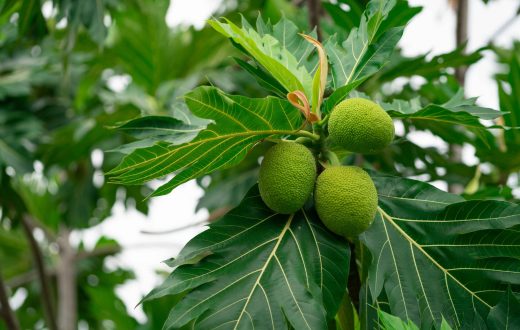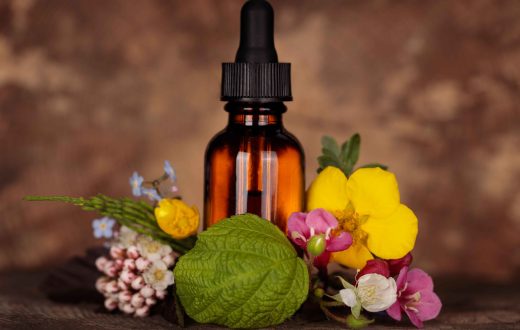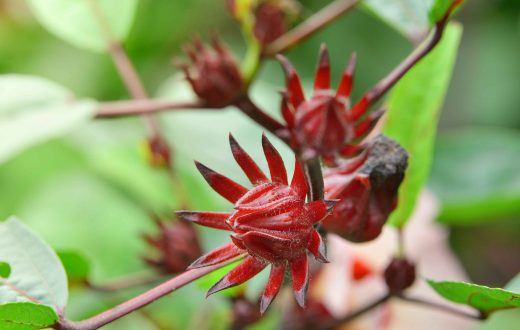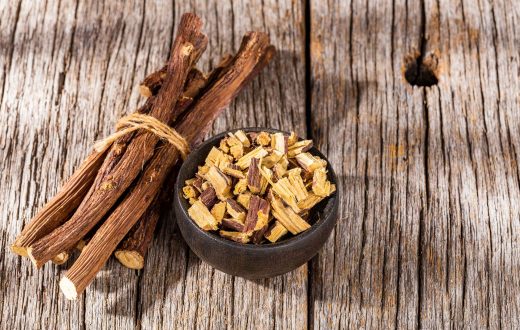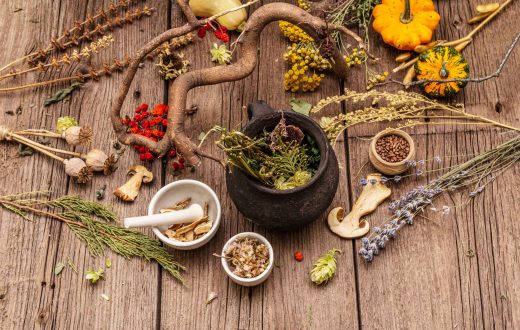In recent years, plant-based estrogens, also known as phytoestrogens, have gained significant attention in the health and wellness industries. These compounds mimic the action of estrogen in the body, offering potential benefits for maintaining hormonal balance, promoting skin health, and enhancingoverall well-being. Among the richest botanical sources is Pueraria mirifica, a Thai medicinal plant traditionally used for vitality and rejuvenation. Let’s see the importance of Phytoestrogens in Pueraria mirifica
Today, P. mirifica is increasingly studied and commercialized for its applications in both cosmetics and dietary supplements. This article explores the science behind its phytoestrogens, their mechanisms of action, and how they are shaping product innovation in beauty and wellness.
What Are Phytoestrogens in Pueraria mirifica?
The tuberous roots of P. mirifica contain a diverse array of phytoestrogens, including:
- Miroestrol & Deoxymiroestrol – potent estrogenic compounds unique to this plant.
- Isoflavonoids – such as puerarin, daidzein, and genistein, known for antioxidant and hormone-modulating effects.
- Coumestans – including coumestrol, which has strong affinity for estrogen receptors.
These compounds selectively bind to estrogen receptors (ERα and ERβ), with studies showing stronger affinity toward ERβ, a receptor subtype often linked to beneficial effects on skin and bone health without overstimulating reproductive tissues (Boonchird et al., 2010).
Scientific Evidence of Benefits
Hormonal Support
Clinical and preclinical studies suggest P. mirifica can alleviate menopausal symptoms such as hot flashes, mood swings, and vaginal dryness (Kongkaew et al., 2018).
Skin & Anti-Aging
Estrogen plays a crucial role in maintaining skin thickness, hydration, and elasticity. P. mirifica phytoestrogens are thought to promote collagen production and microcirculation, helping reduce wrinkles and dryness, making it a promising cosmetic active ingredient.
Bone & Cardiovascular Health
Some studies report improved lipid profiles and potential bone-protective effects in postmenopausal women using P. mirifica supplements (Manonai et al., 2008).
Applications in the Cosmetics Industry
1. Anti-Aging Skincare
- Improves skin hydration and firmness.
- Reduces wrinkle depth through collagen stimulation.
- Can be formulated into serums, creams, and gels.
2. Breast and Body Firming Products
While evidence is limited, topical P. mirifica is marketed in some regions for enhancing firmness in targeted areas.
3. Intimate Care
Vaginal gels containing P. mirifica have shown improved vascularization and elasticity in postmenopausal women (Warinsiriruk et al., 2022).
Applications in the Supplement Industry
1. Menopausal Support
Capsules or tablets containing standardized extracts can provide natural relief for hot flashes and mood balance.
2. Bone and Cardiovascular Health
Phytoestrogen activity may support bone density and improve lipid metabolism, contributing to overall healthy aging.
3. Wellness Formulations
P. mirifica is often combined with other botanicals to create balanced hormone-support blends.
Safety and Considerations
Although promising, P. mirifica’s estrogenic activity raises safety questions:
- Should be avoided by individuals with estrogen-sensitive conditions (e.g., certain breast or uterine cancers).
- Dosage and standardization are essential, as potency varies widely between preparations.
- Long-term safety data in humans remain limited, requiring further clinical trials.
Regulatory frameworks differ globally, and brands must ensure compliance when marketing estrogenic botanicals.
Conclusion
The phytoestrogens in Pueraria mirifica represent a valuable natural resource for both the cosmetics and supplement industries. With demonstrated benefits in skin health, hormonal balance, and anti-aging support, this traditional Thai herb is carving out a modern role in beauty and wellness markets.
Future research, particularly large-scale human clinical trials, will be crucial to solidify its efficacy, ensure safety, and unlock its full commercial potential.
References
Boonchird, C., Mahapanichkul, T., & Cherdshewasart, W. (2010). Differential binding with ERα and ERβ of the phytoestrogen-rich plant Pueraria mirifica. Brazilian Journal of Medical and Biological Research, 43(2), 195–200.
Kakehashi, A., Yoshida, M., Tago, Y., et al. (2016). Pueraria mirifica exerts estrogenic effects in the mammary gland and uterus and promotes mammary carcinogenesis in Donryu rats. Toxins, 8(11), 275.
Kongkaew, C., Scholfield, N. C., Dhippayom, T., et al. (2018). Efficacy and safety of Pueraria candollei var. mirifica for menopausal women: A systematic review of clinical trials. Journal of Ethnopharmacology, 216, 162–174.
Manonai, J., Chittacharoen, A., Udomsubpayakul, U., et al. (2008). Effects and safety of Pueraria mirifica on lipid profiles and biochemical markers of bone turnover in healthy postmenopausal women. Menopause, 15(3), 530–535.
Warinsiriruk, P., Tantitham, C., Cherdshewasart, W., et al. (2022). Effects of Pueraria mirifica on vaginal artery vascularization in postmenopausal women with genitourinary syndrome of menopause. Maturitas, 160, 4–10.
Explore our website to learn more: Click Here


